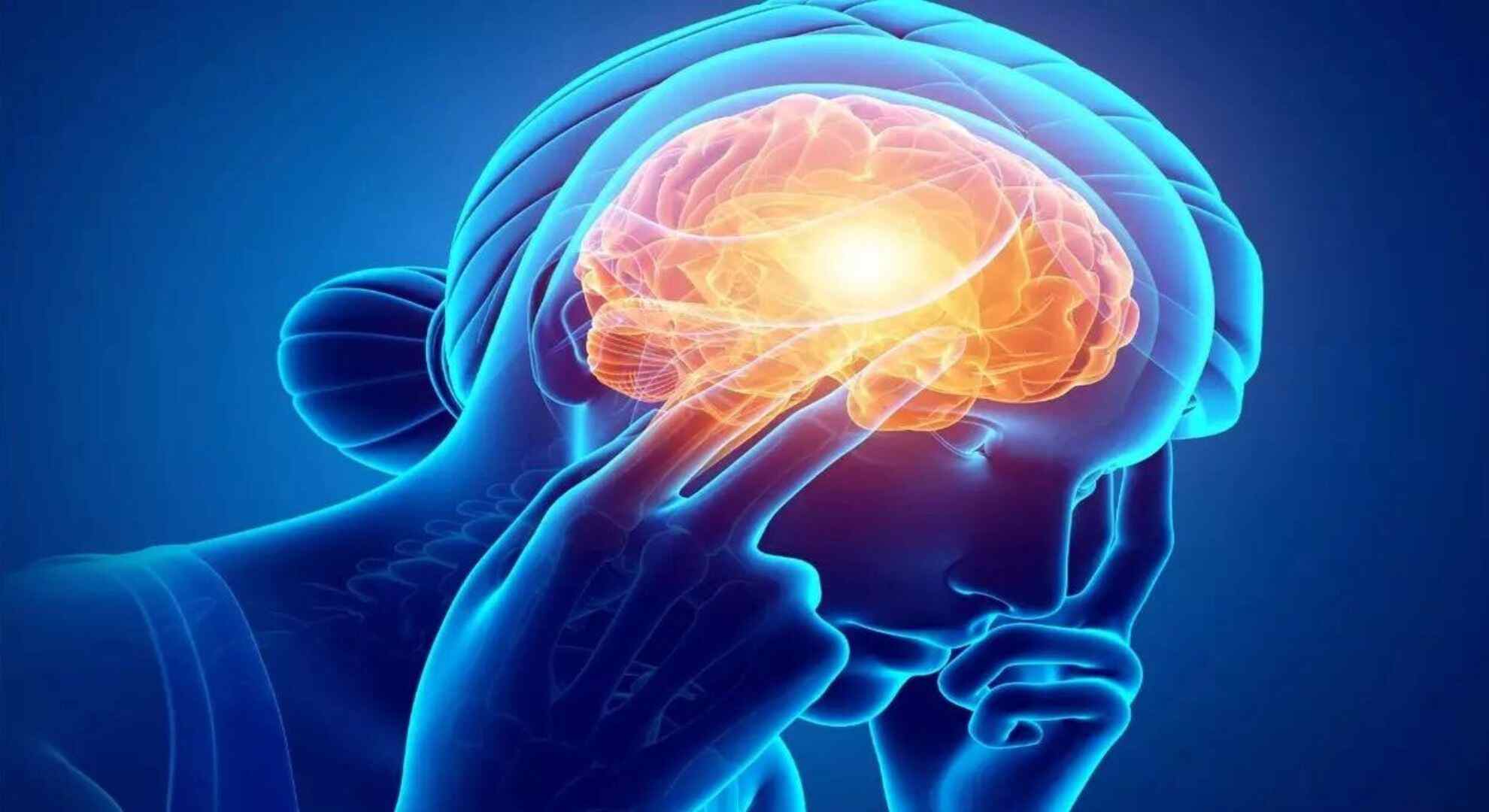
A 22-year-old man from Karachi has died from a brain-eating amoeba, making him the third person in the city to die from this infection this year. The man, named Aurangzeb, lived in Cattle Colony and was treated at the Jinnah Postgraduate Medical Centre (JPMC).
Aurangzeb’s trouble started on July 7 when he went swimming with friends at a farmhouse in Quaidabad. The next day, he got sick with a fever, headache, and nausea. He went to the hospital on July 10, and doctors confirmed he had the brain-eating amoeba on July 11.
This amoeba, called Naegleria fowleri, lives in warm fresh water like lakes, rivers, and hot springs. It can infect people if water with the amoeba goes up the nose, usually while swimming or diving. Once inside the body, the amoeba travels to the brain and causes a serious infection called primary amoebic meningoencephalitis (PAM). This infection destroys brain tissue and is almost always fatal.
Symptoms of PAM start about five days after infection and include headache, fever, nausea, or vomiting. Later symptoms can include a stiff neck, confusion, seizures, hallucinations, and coma. Most people die within five days of showing symptoms.
Karachi’s health department confirmed that Aurangzeb’s death was the third from this infection this year. The other two deaths happened in Korangi and Malir. Last year, at least ten people in Karachi died from this amoeba.
Health officials are telling people to take steps to avoid getting infected. This includes not swimming in warm fresh water that isn’t properly cleaned and making sure water doesn’t go up their noses while swimming or diving.
A similar case happened in Kerala, India, where a 14-year-old boy died from a brain-eating amoeba last week. This was the third death from this infection in Kerala since May. The boy got infected after swimming in a contaminated pond and died on July 3.
These cases in Pakistan and India show the need for more public awareness and better water safety. Naegleria fowleri infections are rare but almost always deadly, so it’s important to take preventive measures.
Key Preventive Measures:
Health officials are keeping an eye on the situation and educating the public on how to stay safe and prevent more infections.















